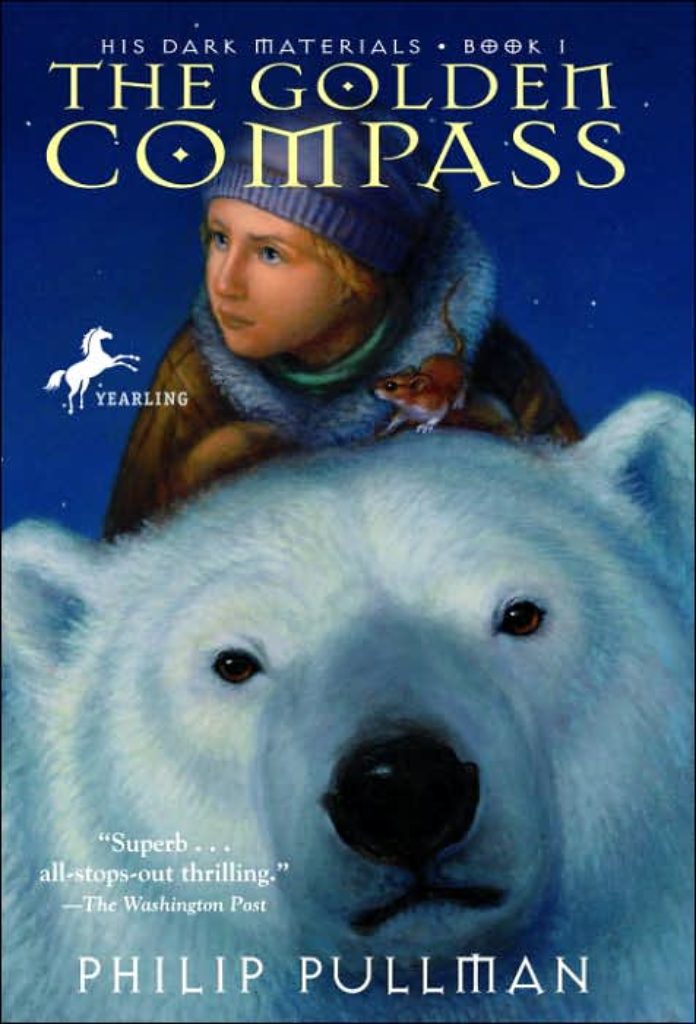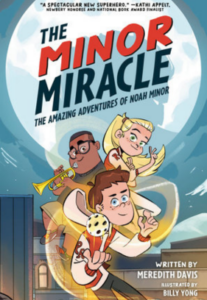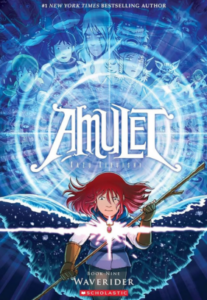This first science fiction/fantasy book in the ” His Dark Materials” series by Philip Pullman is published by Knopf Books for Young Readers, an imprint of Random House Children’s Books.
The Golden Compass is written for ages 14 and up. The age range reflects readability and not necessarily content appropriateness.











